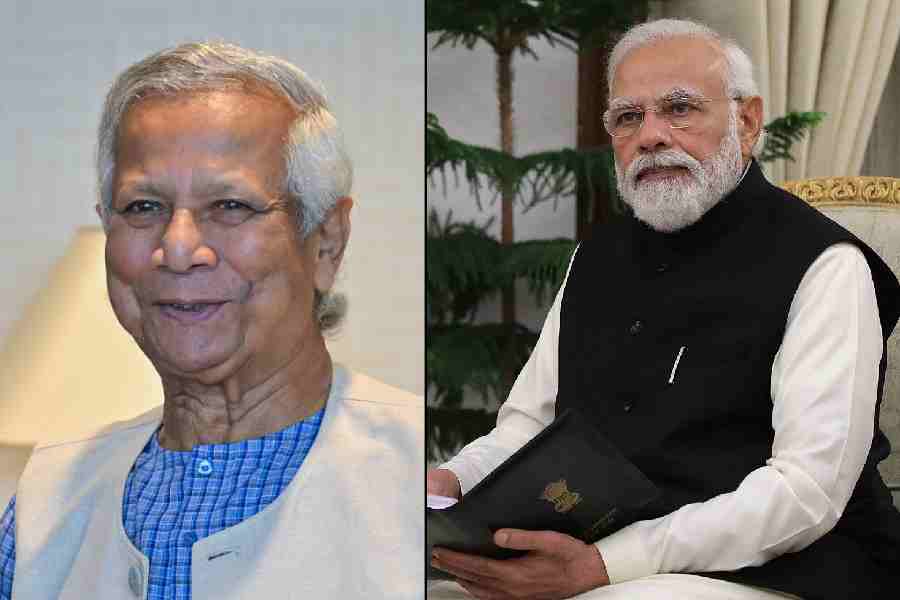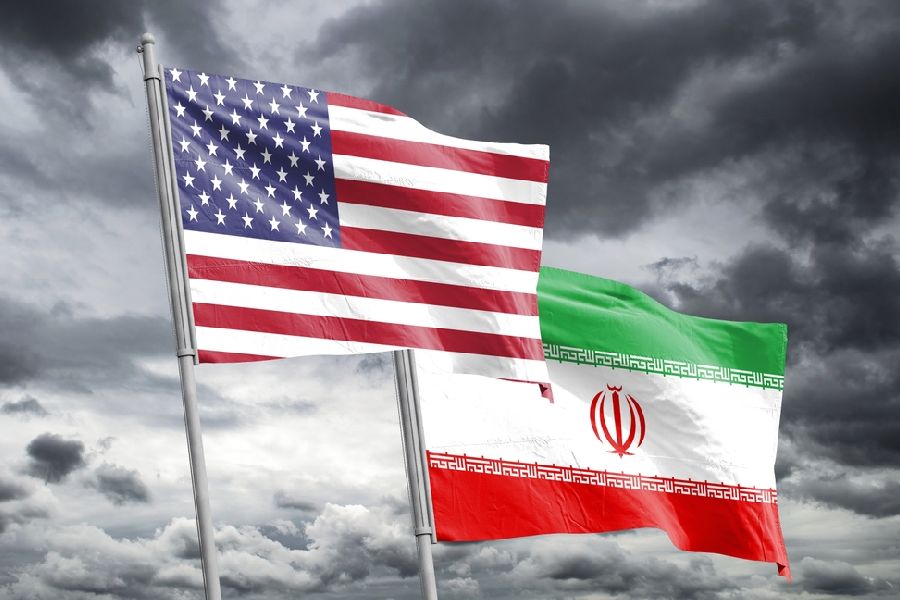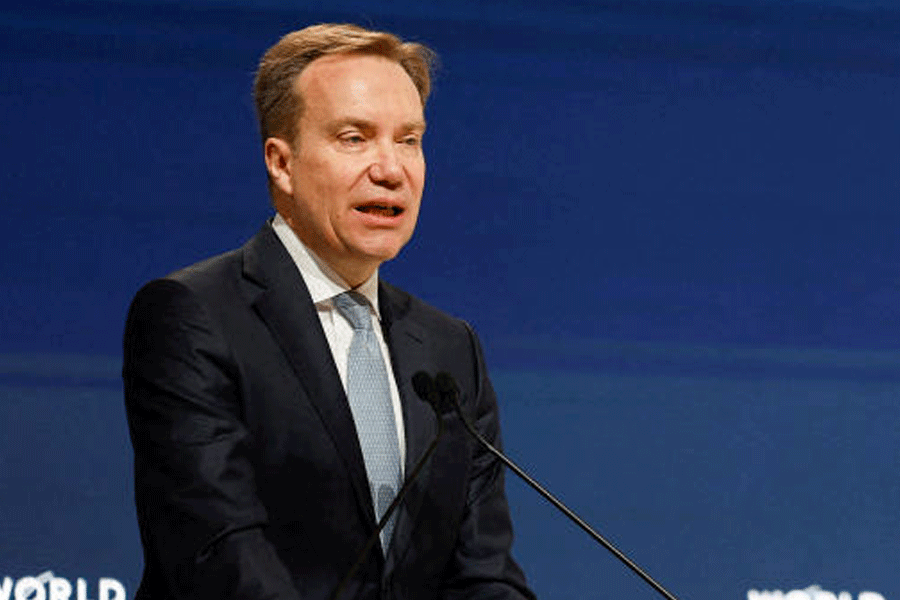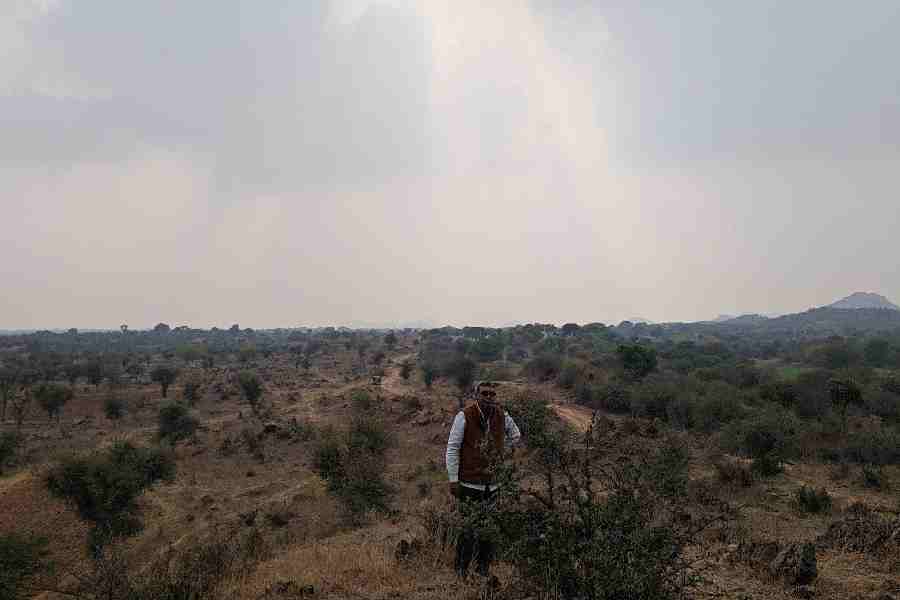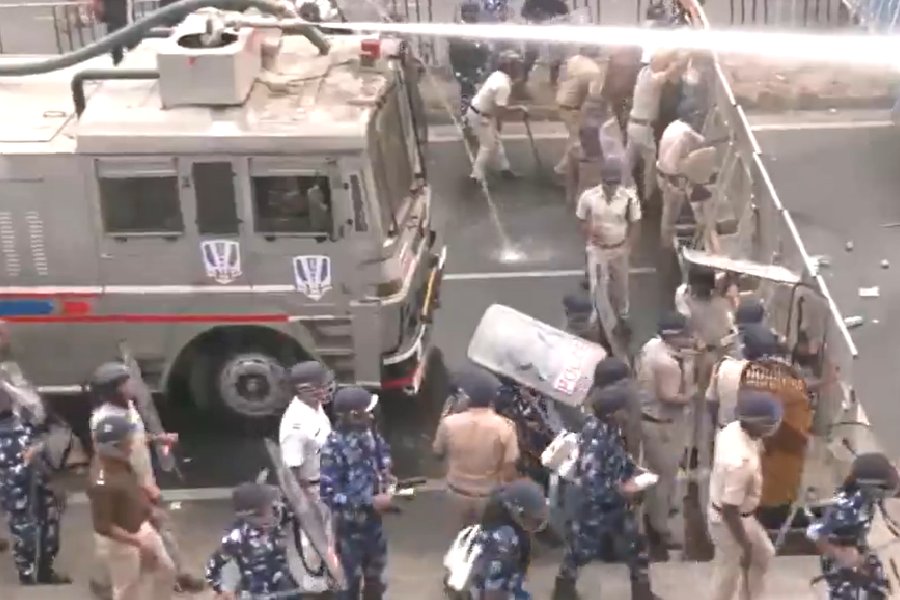PM Narendra Modi will not hold a bilateral meeting with Bangladesh’s chief adviser, Professor Muhammad Yunus, on the sidelines of the BIMSTEC Summit in Bangkok, India’s ministry of external affairs confirmed on Friday.
Modi is scheduled to meet only Thailand’s Prime Minister, Paetongtarn Shinawatra, during his visit to Bangkok on April 3. The two leaders will review bilateral ties, according to a statement.
Bangladesh had requested India for a meeting between Modi and Yunus, but no such engagement has been planned.
But the possibility of an informal interaction between the two leaders has not been ruled out.
Yunus, who took office as Bangladesh’s Chief Adviser in August last year, has not had any direct interaction with Modi since assuming the role. Though Modi had sent congratulatory messages to Yunus upon his appointment and on Bangladesh’s Independence Day, the two leaders have yet to hold a formal discussion.
Yunus’ press secretary recently told The Hindu that the chief adviser had initially planned to visit India as his first foreign trip but did not receive a response. \
Yunus is currently visiting China.
The absence of a meeting between Modi and Yunus further underlines India’s cautious approach towards Bangladesh’s interim administration.
The BIMSTEC Summit, set to be held in Bangkok, will focus on regional cooperation, trade, investment, connectivity, and security among member states — Bangladesh, India, Sri Lanka, Nepal, Bhutan, Myanmar, and Thailand. Bangladesh is expected to assume the BIMSTEC presidency after the summit.
The sharing of stage between two leaders comes amid broader regional concerns, regarding China’s proposed Medog hydropower dam on the Brahmaputra River in Tibet.
India has iterated its concerns over the Medog dam, urging China to ensure that downstream nations’ interests are not harmed.
External affairs ministry spokesperson Randhir Jaiswal recently stated, “As a lower riparian state with established user rights, we have consistently conveyed our concerns to China regarding mega projects on rivers in their territory. We will continue to monitor and take necessary measures to protect our interests.”
The Telegraph online reported Thursday that Bangladesh has requested detailed technical information from China regarding the project’s environmental and economic impact.
Dhaka’s ministry of water resources sent a letter last month seeking key documents, including an environmental impact assessment and disaster impact study, but Beijing has yet to respond.
The Medog project could grant Beijing significant control over the river’s flow, exacerbating food insecurity and increasing salinity intrusion in Bangladesh’s coastal regions. India has also raised objections, citing the risk of floods and droughts in Assam and Arunachal Pradesh.

